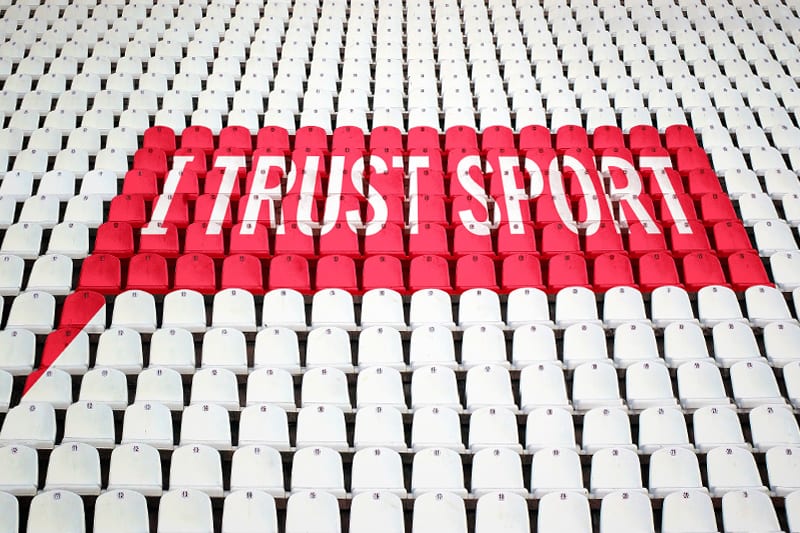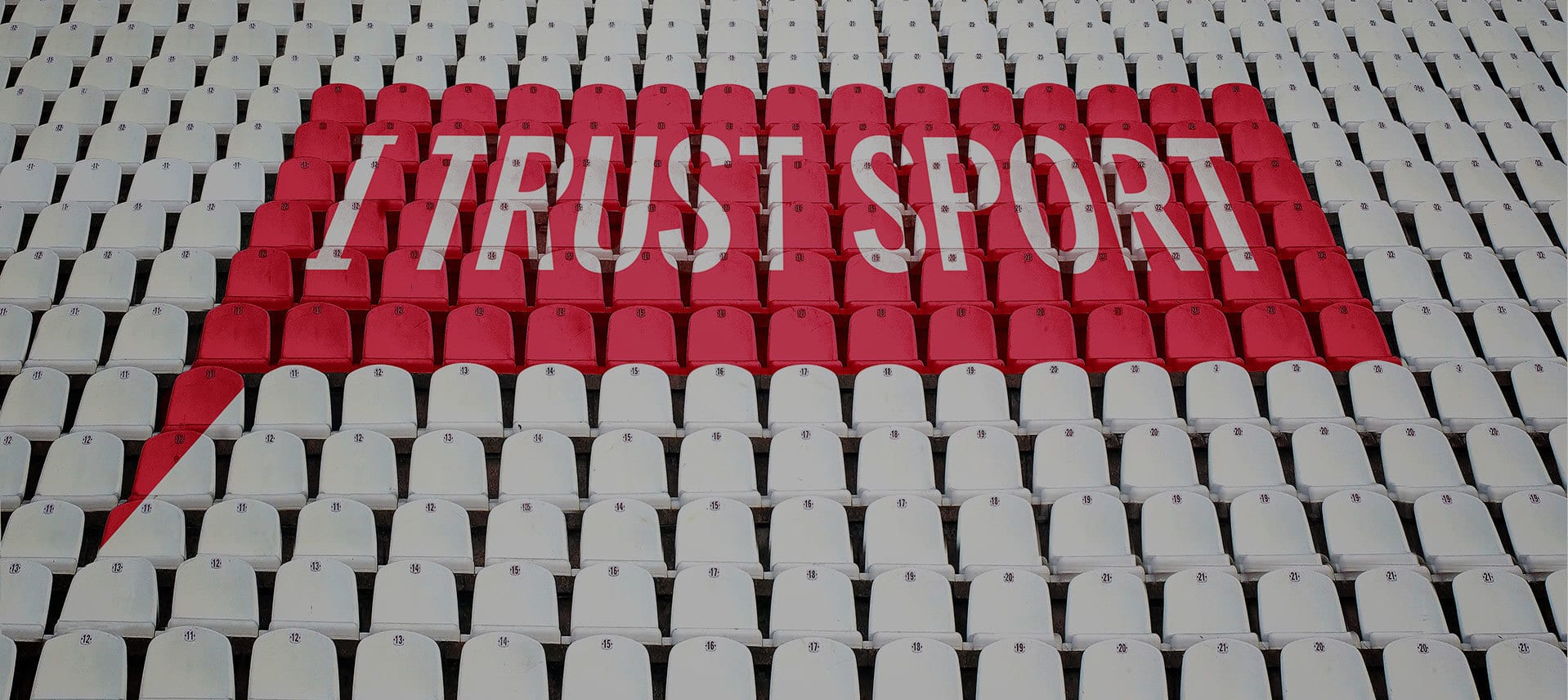Among the alphabet soup of international sports organisations the IOC, UCI, WADA and IPC all have contested presidential elections before the end of the year. In fact, there are more contested elections in high profile sports bodies coming up than at any time I can remember. I believe this represents progress.
For those of us fortunate enough to live in functioning democratic countries, general elections are a fact of life every four or five years. There is endless debate about how effectively the electoral system works or doesn’t but politicians have to take some account of public opinion and to make efforts to persuade the public to have a chance of success.
This has not always been the case in sports organisations.
Structures which were put in place when sport was mostly amateur and limited to a few western countries have struggled to evolve with the commercial development of sport and globalisation. In many cases, executive elected positions in sports organisations pay only expenses (and in some instances commissions which tend to be kept quiet), which restricts the pool of potential candidates. The choice is often limited to a handful of officials who are already “in the system”, enabling the numbers to be whittled down further by a few deals. The outcome is regularly a single candidate for president, re-elected multiple times. Other positions may be uncontested or scarcely contested. As a result, candidates have little incentive to take account of the views of voting members – such as national sports federations or individuals - and they in turn risk ostracism if they try to challenge incumbents.
At the time of writing, well-publicised election campaigns are underway for the presidency of the IOC (six candidates), the UCI (the incumbent plus a challenger), WADA (three candidates declared but essentially a competitive nomination process rather than an election), and the IPC (the incumbent and a challenger).
Whatever your views of some of the individual candidates –and strong opinions are being expressed – contested elections should result in closer scrutiny and increased debate about important issues facing the organisation.
As it happens, the fact that there are multiple candidates for the presidency of some of these organisations is drawing attention to questionable electoral processes. For example, the procedure for nominating candidates is a controversial topic for the UCI and the rules governing how incumbents use the organisation’s resources in their campaigns need tightening up in some cases.
This takes us back to the issue of outdated structures – if elections have rarely taken place historically then it is likely that the prescribed electoral processes will not reflect current best practice. It is to be hoped that the testing of electoral systems will result in reforms once presidents are in post.
Critics will readily spot shortcomings in the current round of elections: a lack of female candidates; an average age of 60 or more; and limited consultation with external stakeholders. As a first step, however, it is at least encouraging that there are contested elections. Both challengers and incumbents deserve respect for their efforts to drive progress in their sports.


